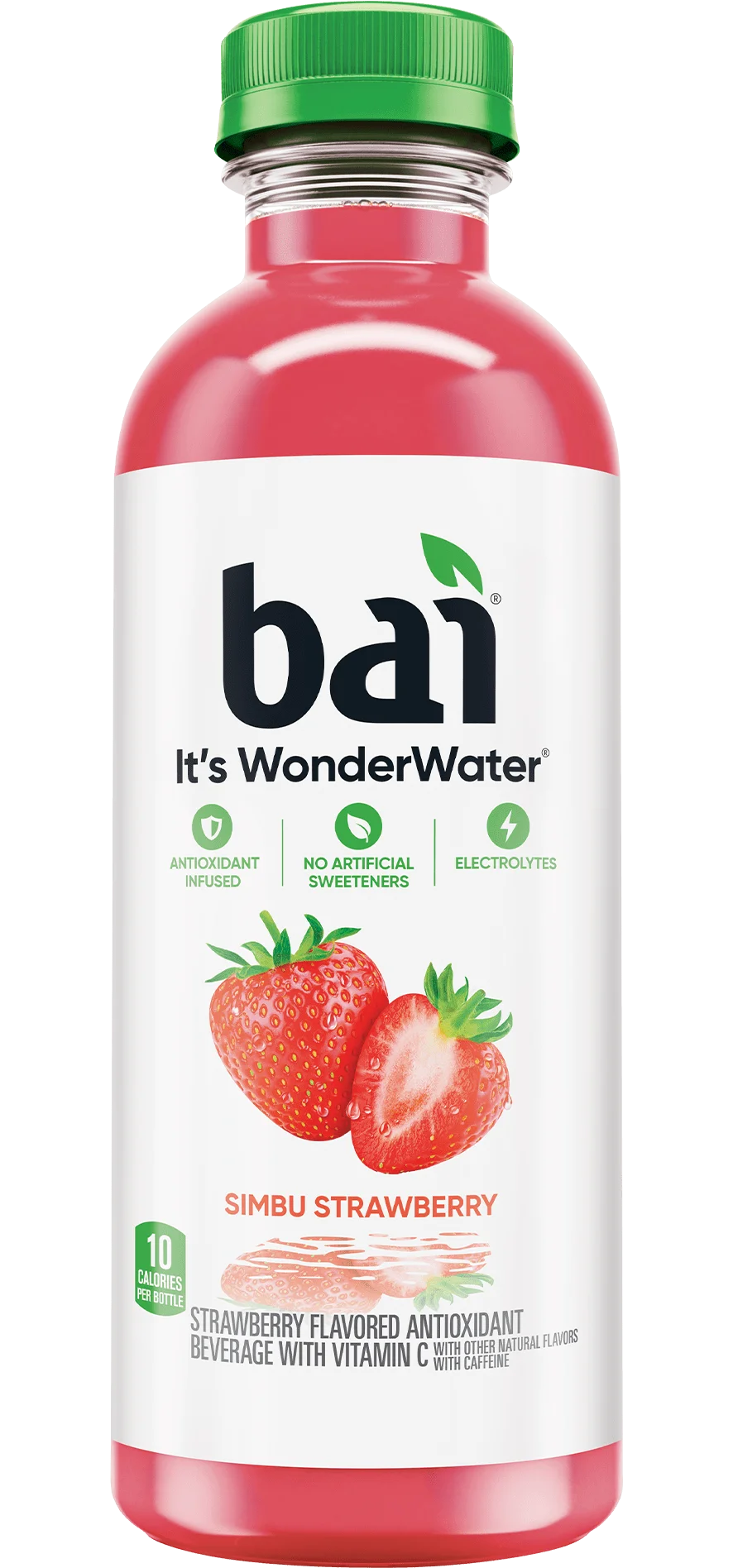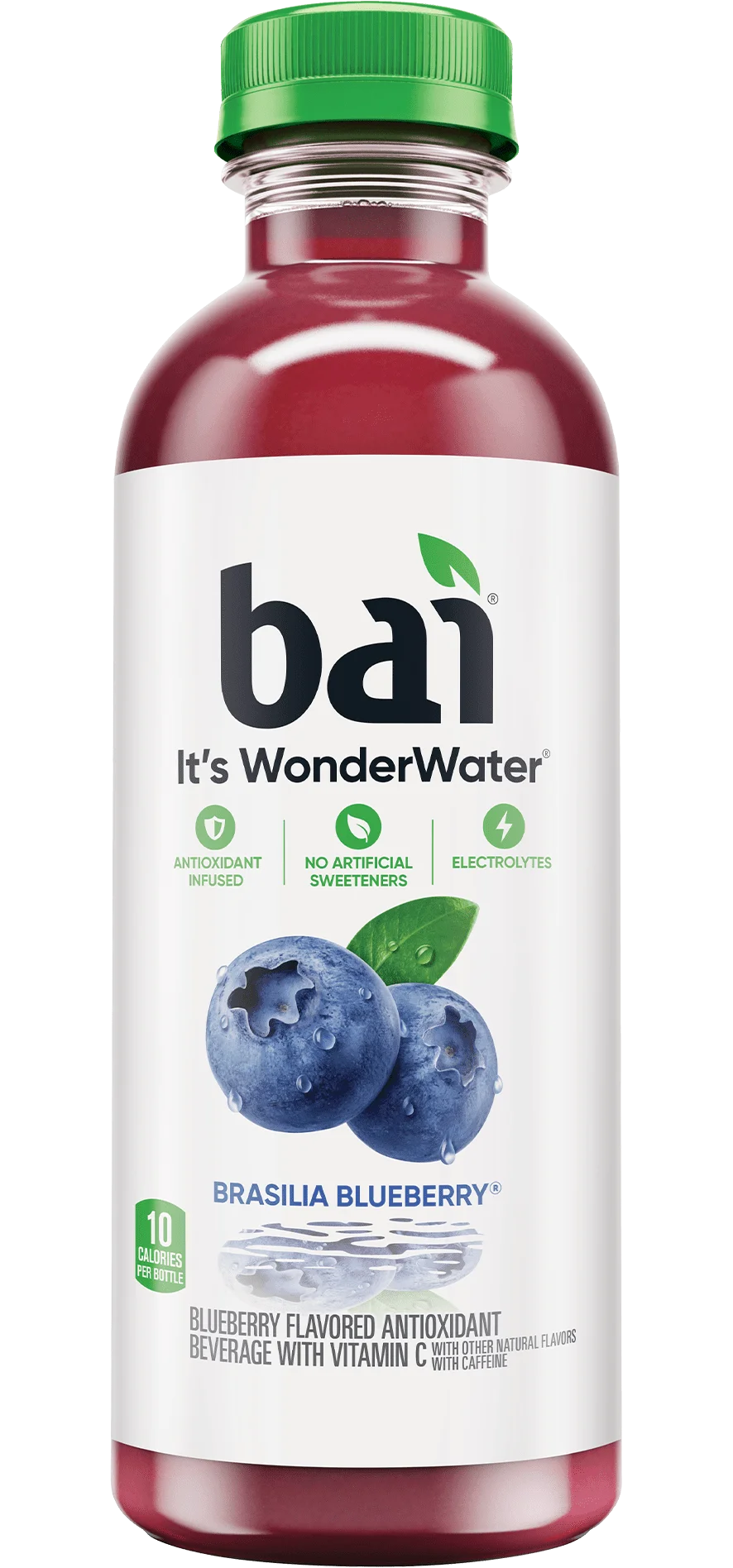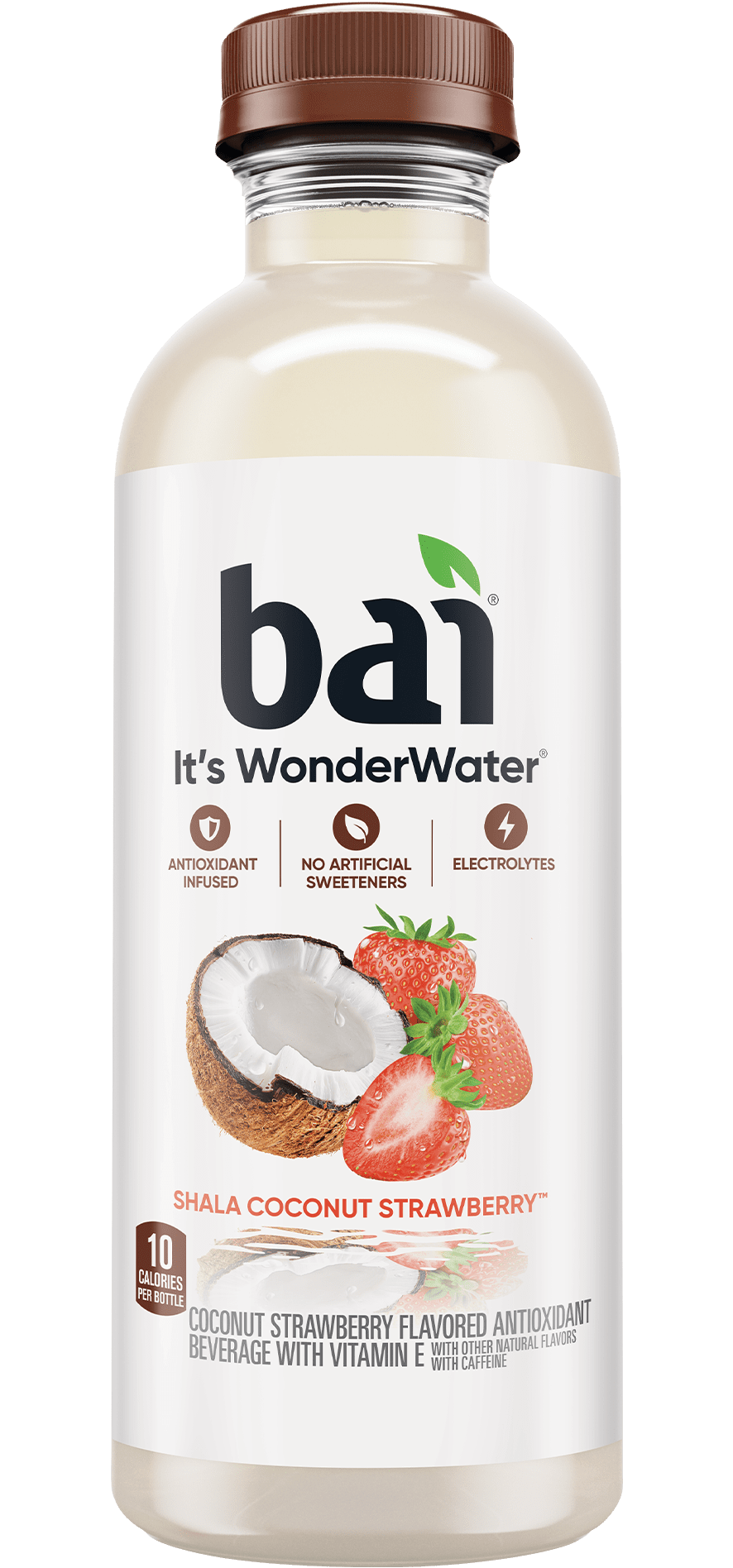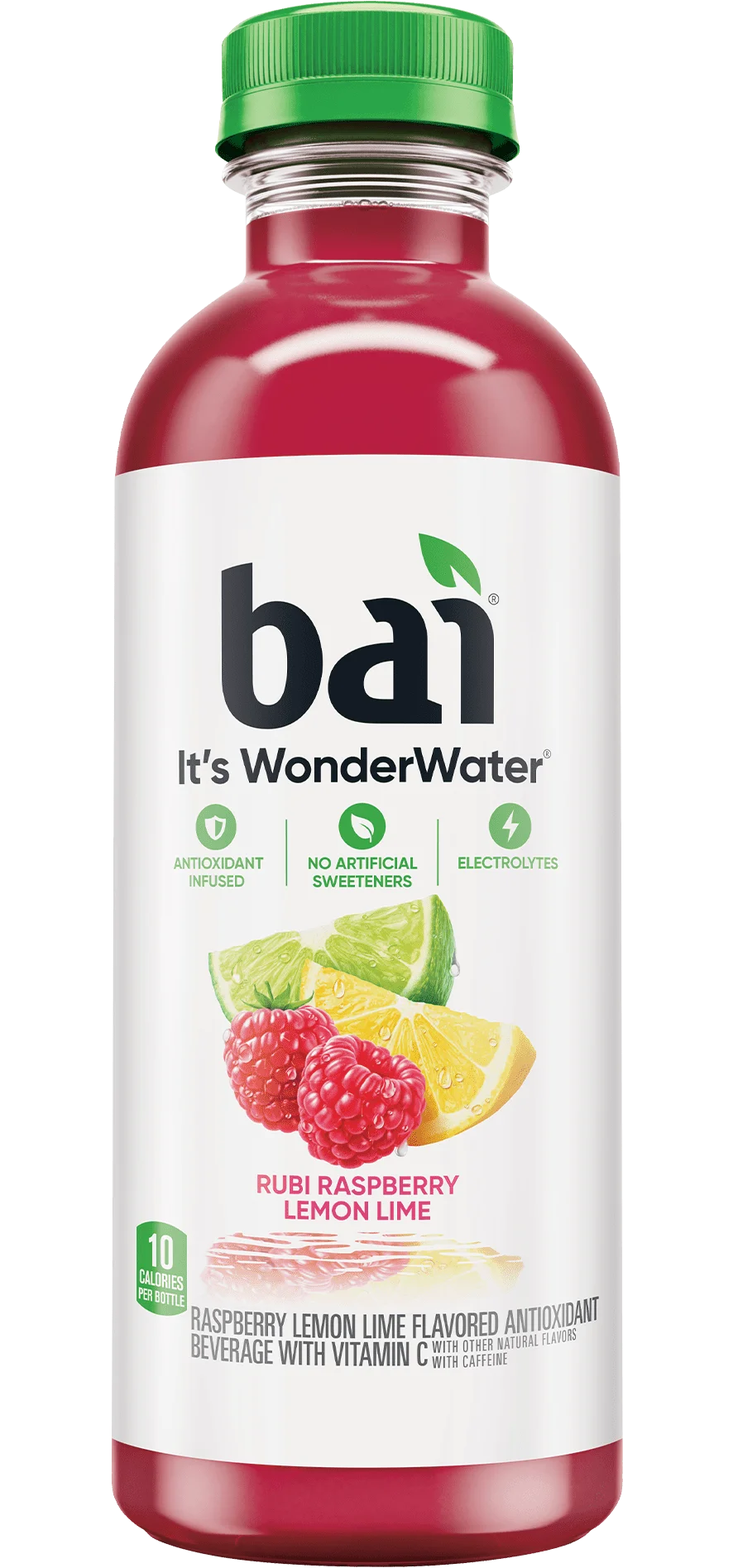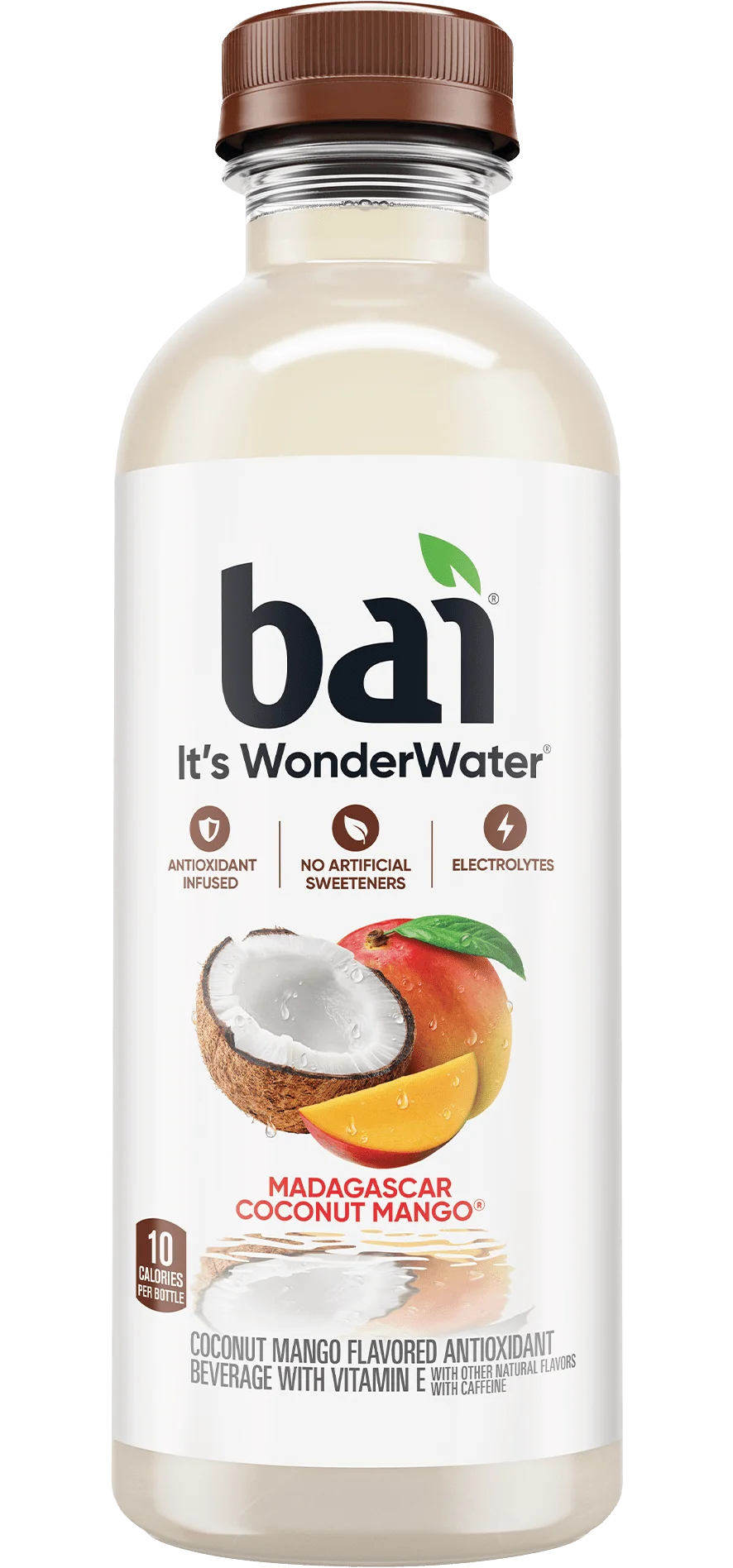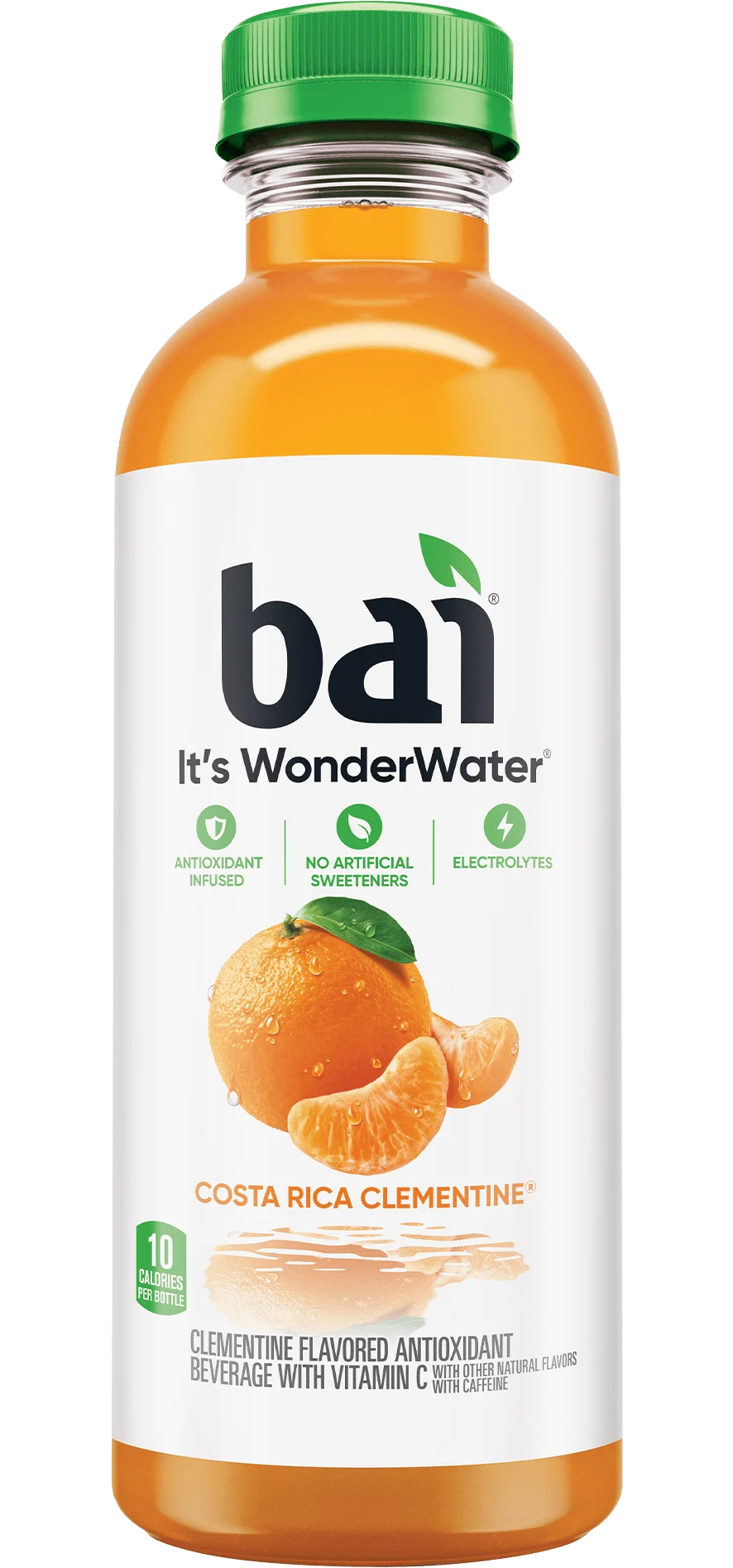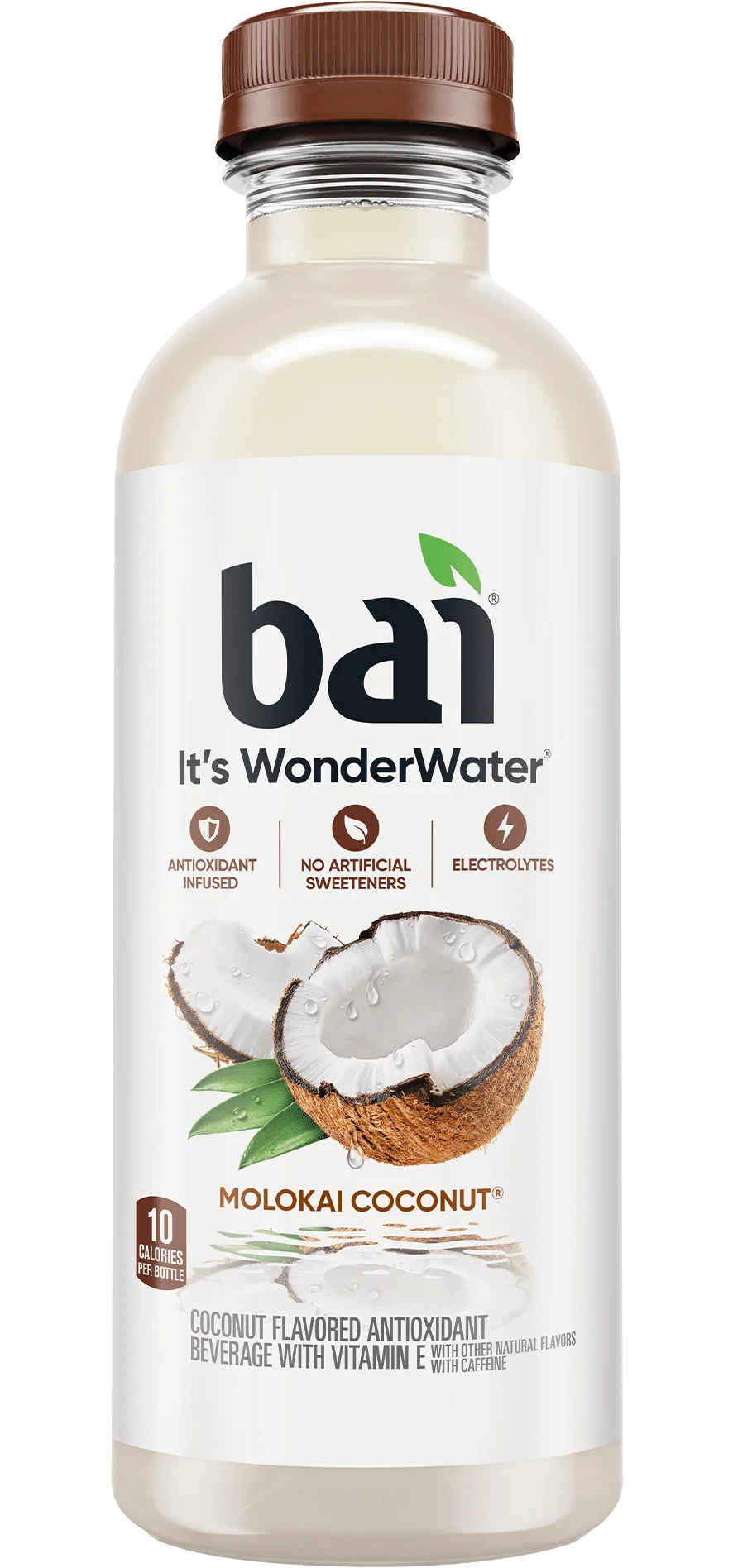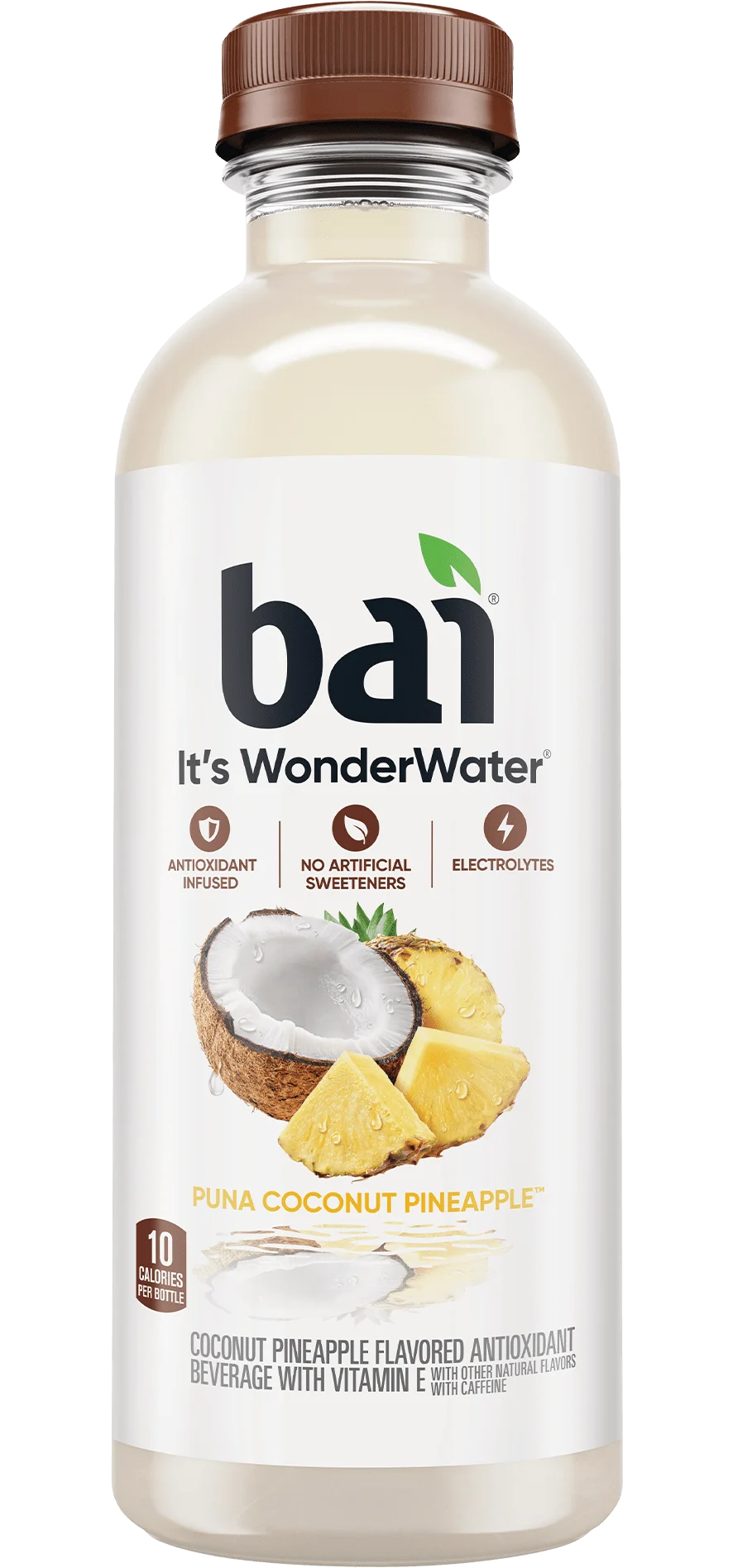The next time you find yourself rested yet fatigued, interested yet unfocused or motivated yet feeling completely overwhelmed stop and ask yourself, “Am I just thirsty?”
The surprising answer may be, “Yes!”
Recent studies support what you’ve probably already noticed -we’re not at our best when dehydration sets in.
If you think back to a time when you were thirsty you might remember feeling tired with a slight headache beginning to take hold but recent evidence suggests that by the time even mild dehydration has set in, the kind that triggers the sensation of thirst, many more serious physiological changes are already underway.
The human body is composed of 55%-65% water, depending on age and level of health. Water is so essential to every one of the body’s functions that even a slight drop in the amount of water in the body, say as little as 1.5% to 2%, requires immediate attention. If thirst sets in and we ignore it the result is an increasingly noticeable decline in concentration, energy, vigilance, reasoning, learning, memory reaction time and overall performance. There’s also an uptick in tension, irritability and anxiety – all mood disorders that can be disruptive.
It’s clear that neglecting to drink enough water can negatively impact the way we meet the demands of daily life but what’s less obvious is knowing how much to drink and when.
Most medical experts recommend drinking 2 liters (the traditional 6-8 glasses) of water per day but an increasing number suggest that drinking less water is fine as long as you make room in your daily diet for plenty of high water content fruits and vegetables. A key fact to remember is that dehydration occurs even in the absence of physical exercise. That means it’s just as important to drink water when you’re sitting at a desk all day long as it is during a 60-minute workout. When in doubt, drink and when thirsty, drink even more.
It’s worth noting that the side effects of chronic mild thirst go beyond symptoms like fatigue and impaired memory. Not drinking enough water creates the ideal circumstance under which sugar levels in the blood spike and remain heightened over time. With that the stage is set for kidney stones, urinary tract infections, diabetes, obesity, heart disease and stroke.
Checking to make sure you are getting enough to drink is one of the easiest parts of dealing with hydration – just check your urine output and its color. If you are making trips to the bathroom every two to three hours throughout your waking hours and your urine is clear to a pale straw color, you can rest assured that your body is well hydrated.
The second easiest aspect of managing hydration is simply drinking. Reach for healthy beverages you enjoy, that includes tea, coffee (Yes, coffee…see why here!) diluted fruit juice and water infused with citrus or other favorite natural flavors. If you are one of the many people who think, “Water is boring,” just focus on all of the reasons
why it’s essential then prepare to always have hydration you enjoy within reach – it’s a healthy habit to pick up.


